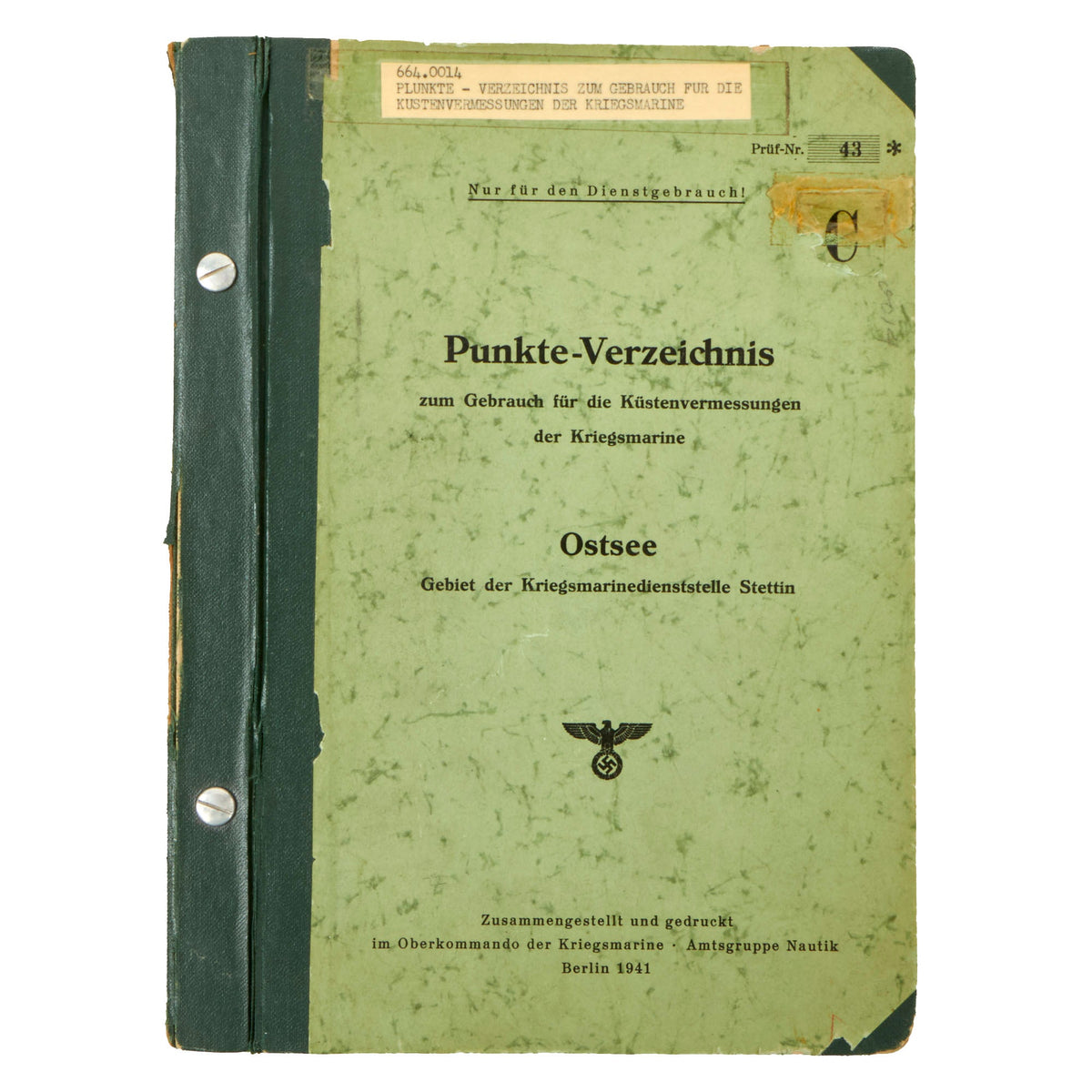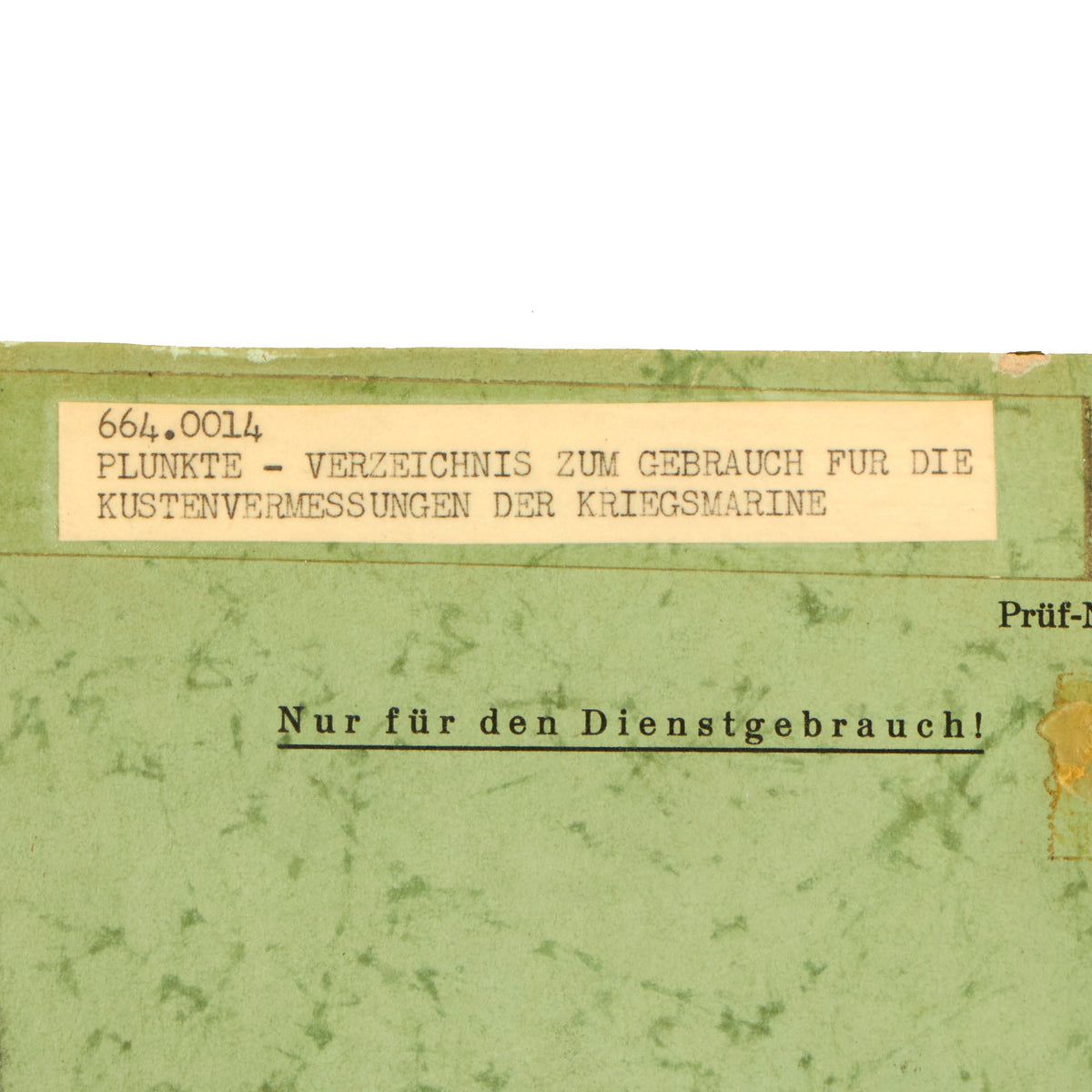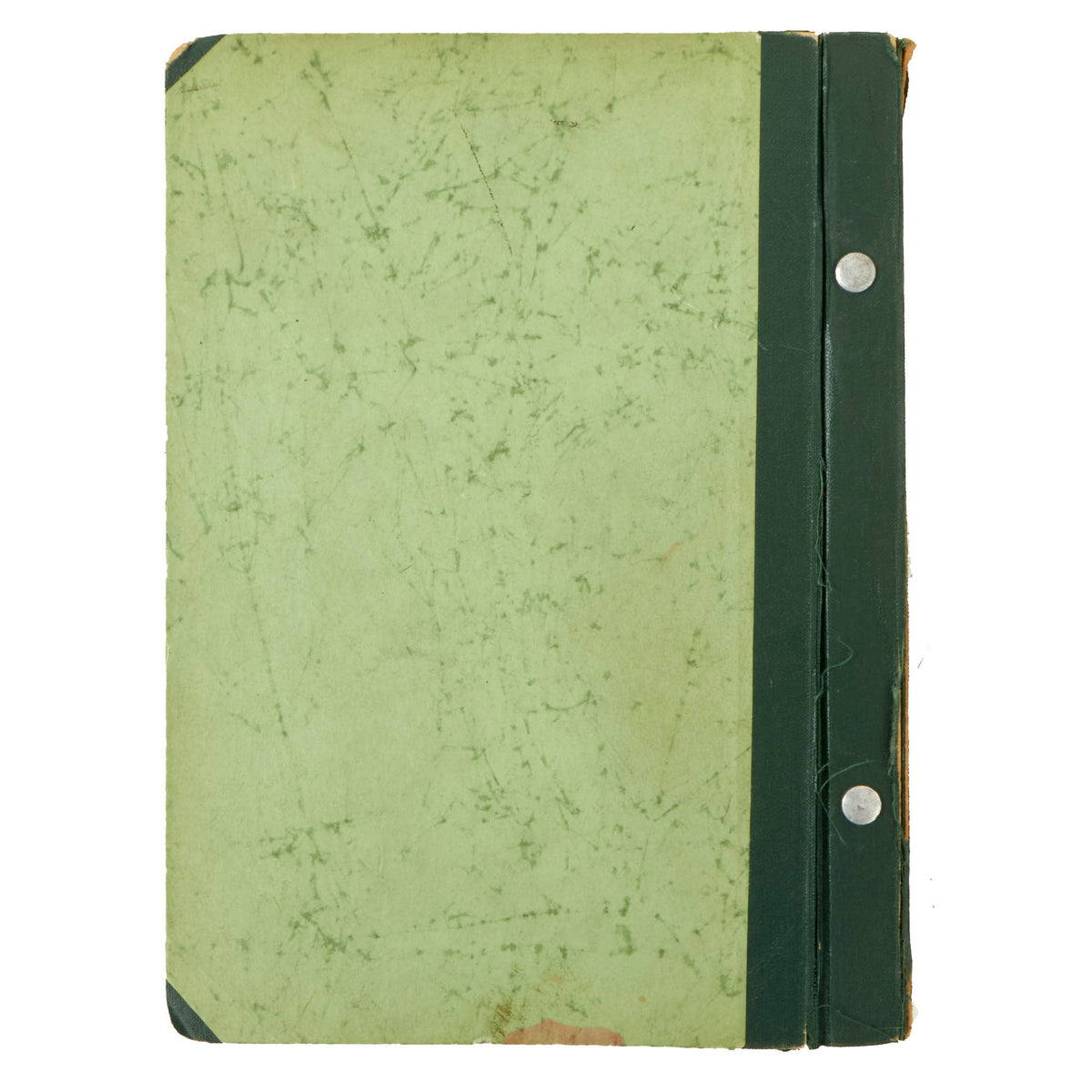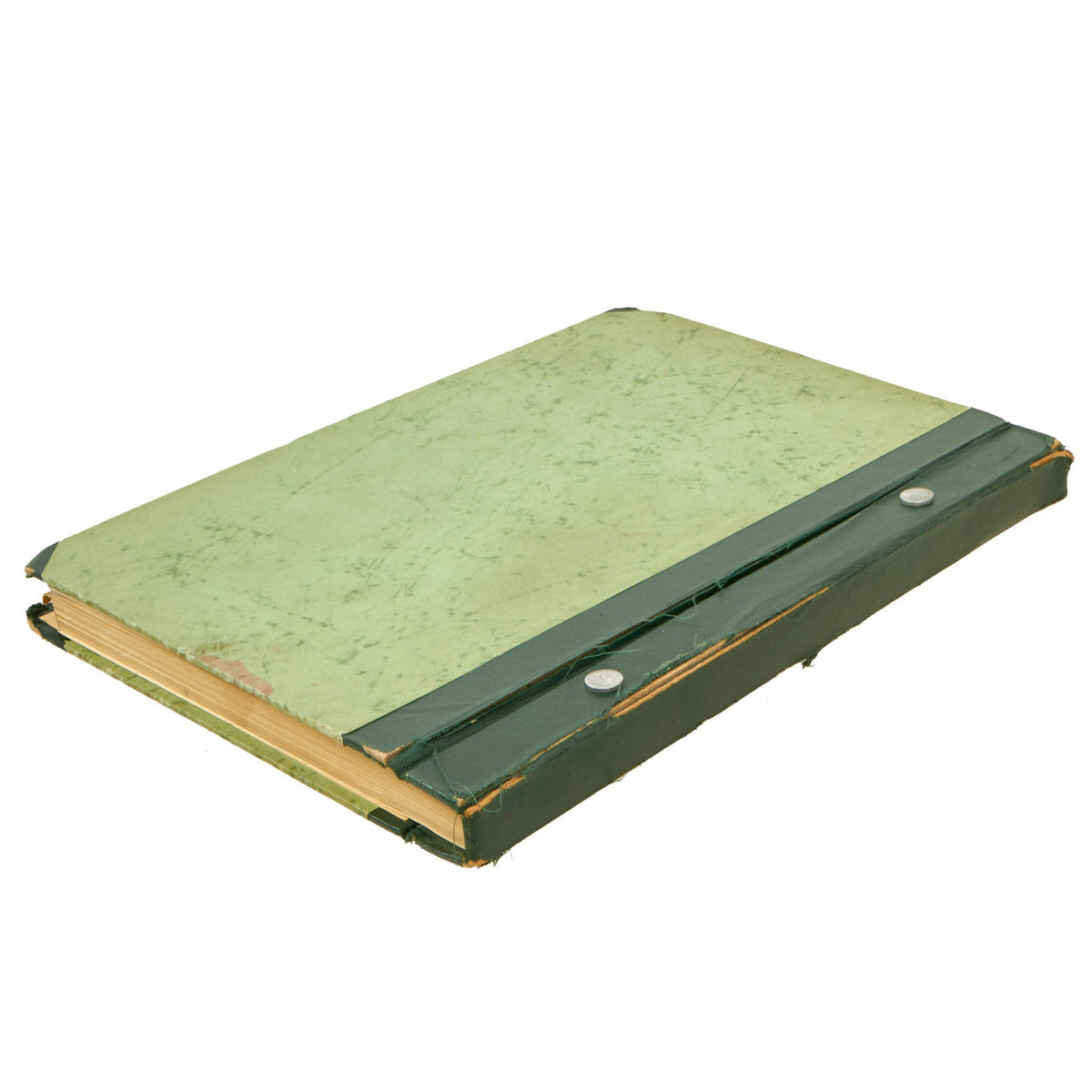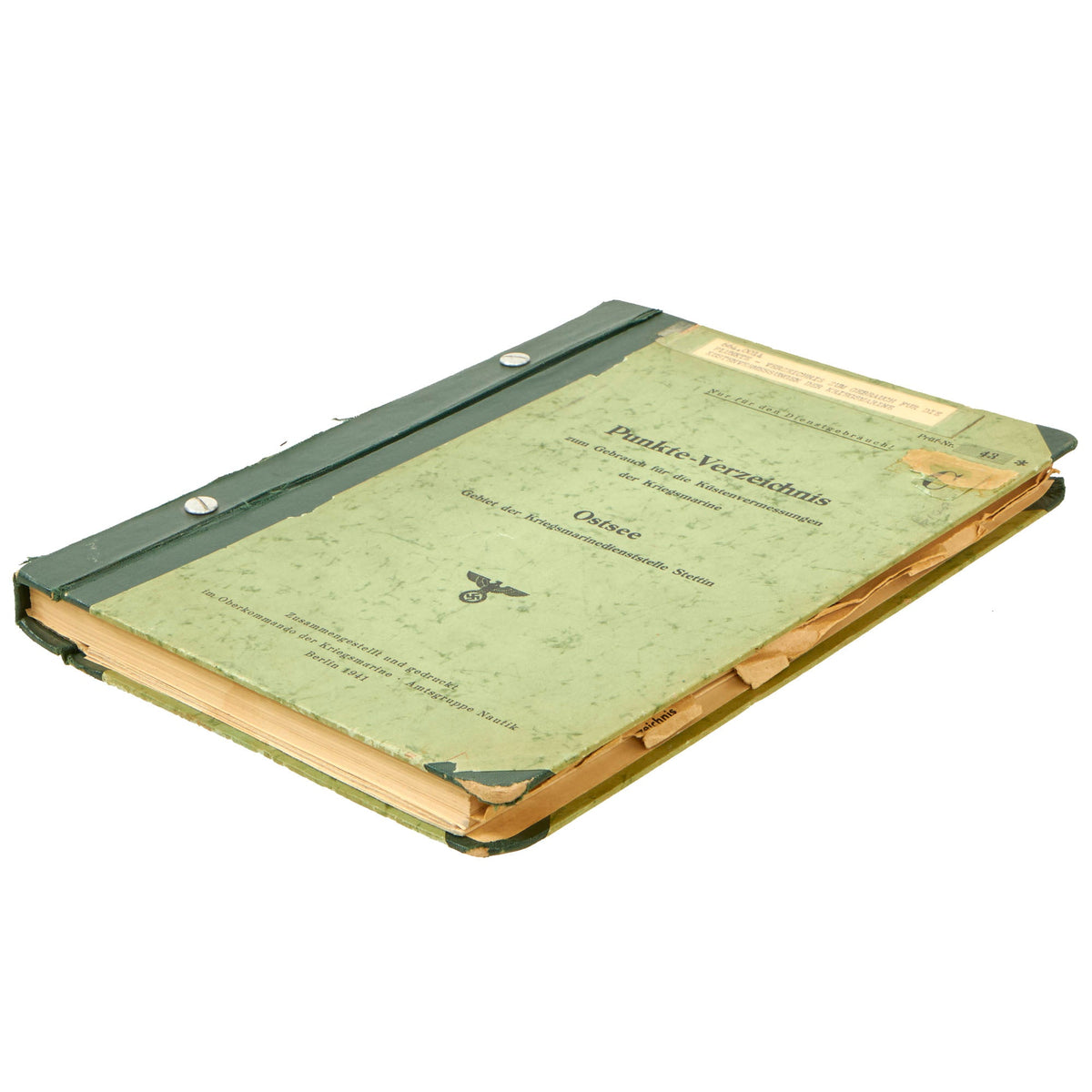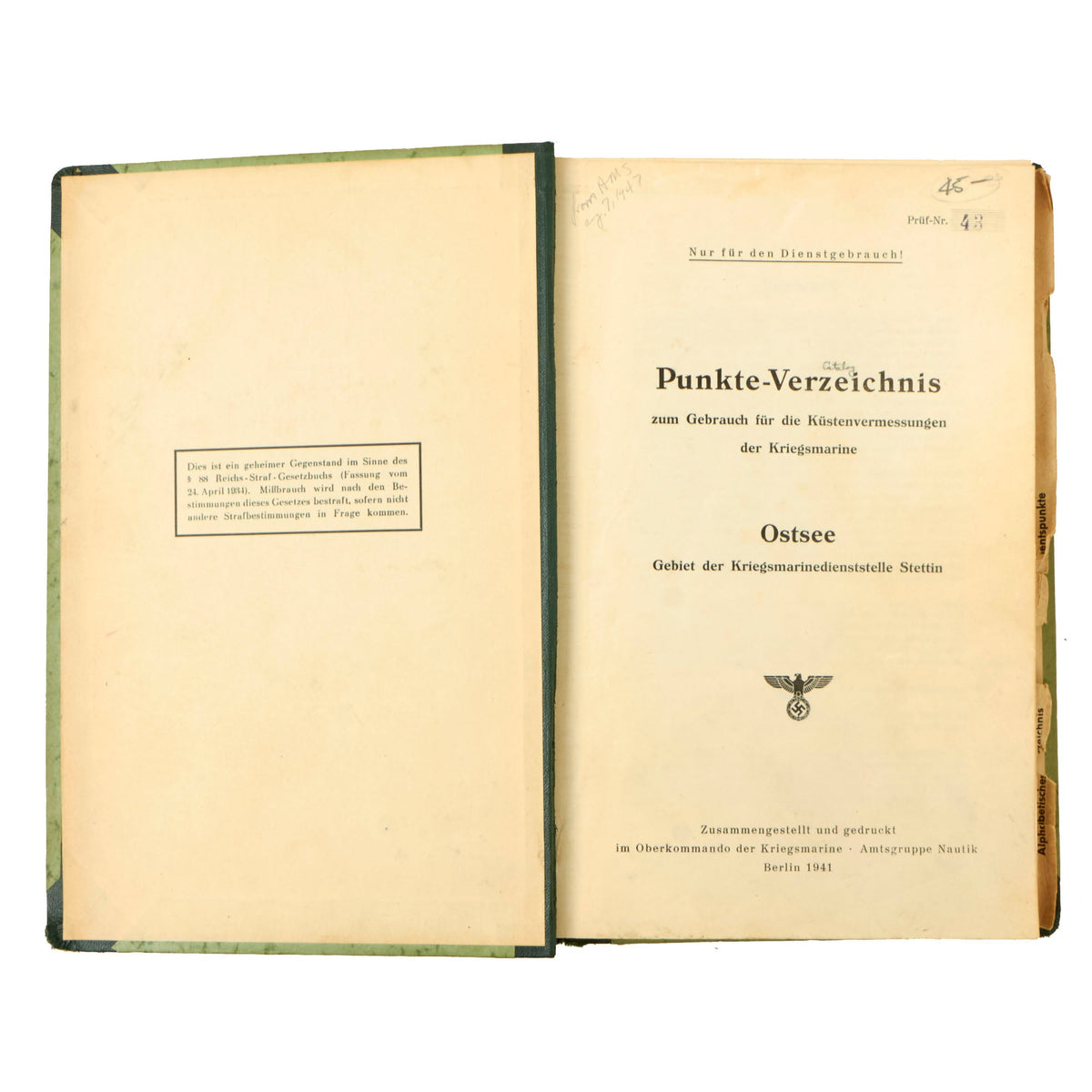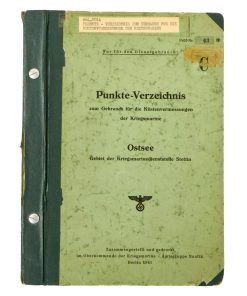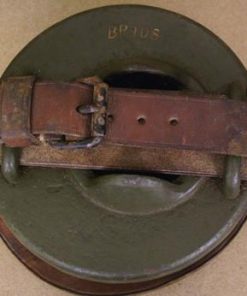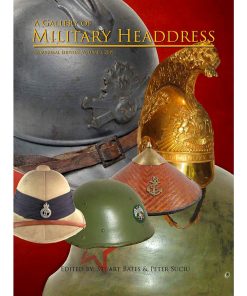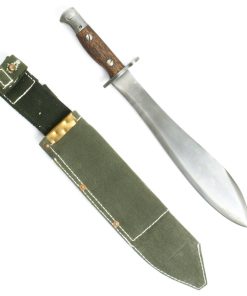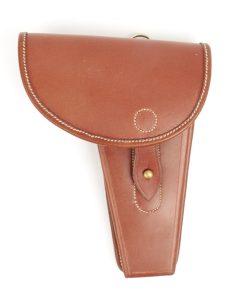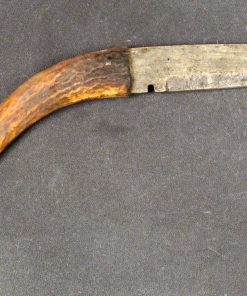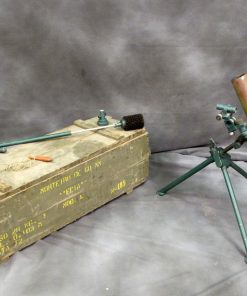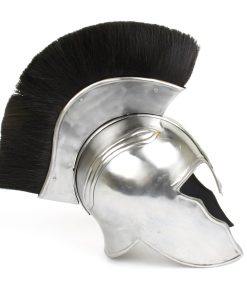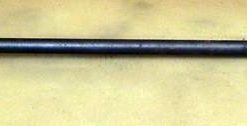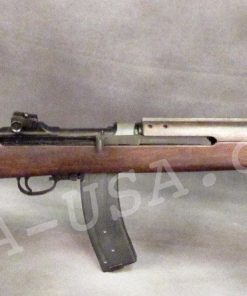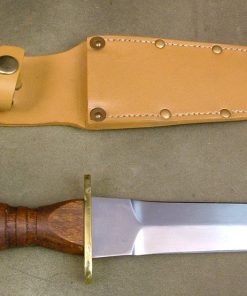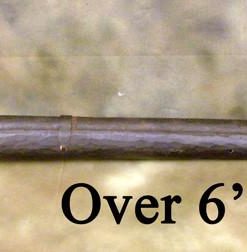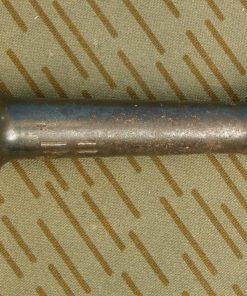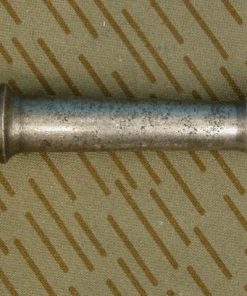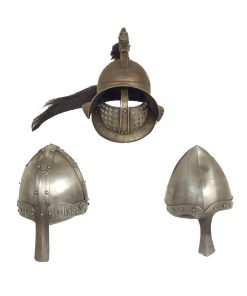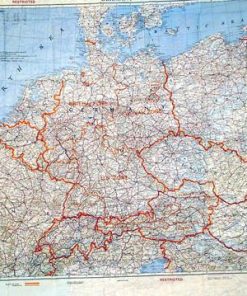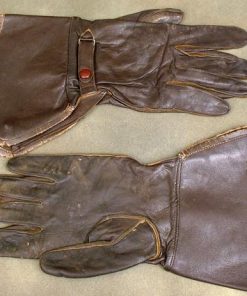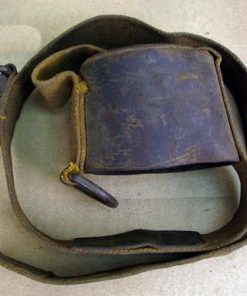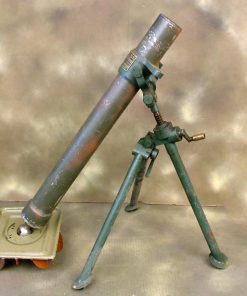Original German WWII Kriegsmarine Navy Baltic Sea Coastal Survey Reference Book – As Used by Mine Sweepers Original Items
$ 395,00 $ 118,50
Original Item. Only One Available. Well this is something we haven’t really seen before! This is a lovely hardcover Kriegsmarine reference book, which contains coordinates for coastal surveys, which would be used by Mine Sweepers, as well as Mine Laying ships. It looks to have been in a collection and/or library at some point, and has a catalog number and title taped to the top of the front cover. The book is 111 pages long, and measures about 7 5/8″ x 10 3/4″. It features several fold out maps in the rear as well.
The cover of the book reads as follows:
Nur für den Dienstgebrauch!
Punkte-Verzeichnis
zum Gebrauch für die Küstenvermessungen
der Kriegsmarine
Ostsee
Gebiet der Kriegsmarinedienstelle Stettin
Zusamenngelstellt un gedruckt
im Oberkommander der Kriegsmarine · Amtsgruppe Nautik
Berlin 1941
This translates to:
For official use only!
Points list for use in coastal surveys of the Kriegsmarine
Baltic Sea
Area of the Kriegsmarine Office Stettin
Compiled and printed by the Commander-in-Chief of the Kriegsmarine · Nautical Office
Berlin 1941
There are additional warnings on the inside warning of possible criminal prosecution for misuse of the book, as it was considered a secret, and they definitely didn’t want it falling into the wrong hands. Condition is very good.
A great piece of German WWII Kriegsmarine Navy Militaria, ready to research and display!
The Kriegsmarine was the navy of NSDAP Germany from 1935 to 1945. It superseded the Imperial German Navy of the German Empire (1871–1918) and the inter-war Reichsmarine (1919–1935) of the Weimar Republic. The Kriegsmarine was one of three official branches, along with the Heer and the Luftwaffe, of the Wehrmacht, the German armed forces from 1935 to 1945.
In violation of the Treaty of Versailles, the Kriegsmarine grew rapidly during German naval rearmament in the 1930s. The 1919 treaty had limited the size of the German navy and prohibited the building of submarines. Kriegsmarine ships were deployed to the waters around Spain during the Spanish Civil War (1936–1939) under the guise of enforcing non-intervention, but in reality supported the Nationalists against the Spanish Republicans.
In January 1939, Plan Z, a massive shipbuilding program, was ordered, calling for surface naval parity with the British Royal Navy by 1944. When World War II broke out in September 1939, Plan Z was shelved in favor of a crash building program for submarines (U-boats) instead of capital surface warships, and land and air forces were given priority of strategic resources.
The Commander-in-Chief of the Kriegsmarine (as for all branches of armed forces during the period of absolute NSDAP power) was Adolf H, who exercised his authority through the Oberkommando der Marine (“High Command of the Navy”).
The Kriegsmarine’s most significant ships were the U-boats, most of which were constructed after Plan Z was abandoned at the beginning of World War II. Wolfpacks were rapidly assembled groups of submarines which attacked British convoys during the first half of the Battle of the Atlantic but this tactic was largely abandoned by May 1943 when U-boat losses mounted. Along with the U-boats, surface commerce raiders (including auxiliary cruisers) were used to disrupt Allied shipping in the early years of the war, the most famous of these being the heavy cruisers Admiral Graf Spee and Admiral Scheer and the battleship Bismarck. However, the adoption of convoy escorts, especially in the Atlantic, greatly reduced the effectiveness of surface commerce raiders against convoys.
Following the end of World War II in 1945, the Kriegsmarine’s remaining ships were divided up among the Allied powers and were used for various purposes including minesweeping. Some were loaded with superfluous chemical weapons and scuttled.
Fast Shipping with Professional Packaging
Thanks to our longstanding association with UPS FedEx DHL, and other major international carriers, we are able to provide a range of shipping options. Our warehouse staff is expertly trained and will wrap your products according to our exact and precise specifications. Prior to shipping, your goods will be thoroughly examined and securely secured. We ship to thousands clients each day across multiple countries. This shows how we're dedicated to be the largest retailer on the internet. Warehouses and distribution centres can be located throughout Europe as well as the USA.
Note: Orders with more than one item will be assigned a processing date depending on the item.
Before shipping before shipping, we'll conduct a thorough inspection of the items you have ordered. Today, the majority of orders will be delivered within 48 hours. The delivery time will be between 3-7 days.
Returns
The stock is dynamic and we cannot completely manage it because multiple stakeholders are involved, including our factory and warehouse. So the actual stock may alter at any time. It's possible that you may not receive your order once the order has been made.
Our policy is valid for a period of 30 days. If you don't receive the product within 30 days, we are not able to issue a refund or an exchange.
You can only return an item if it is unused and in the same state as the day you received it. You must have the item in its original packaging.
Related products
Uncategorized
Uncategorized
Uncategorized
Uncategorized
Uncategorized
Australian WWII Owen MK1 Machine Carbine SMG Custom Fabricated Replica with Sling Original Items
Uncategorized
Uncategorized
Uncategorized
Uncategorized
Uncategorized
Uncategorized
Uncategorized
Uncategorized
Armoured Fighting Vehicles of the World: AFVs of World War One (Hardcover Book) New Made Items
Uncategorized
Uncategorized
Uncategorized
Angolan Rebel 1970s era 60mm Inert Display Mortar from Angolan Civil War Original Items
Uncategorized
Uncategorized
